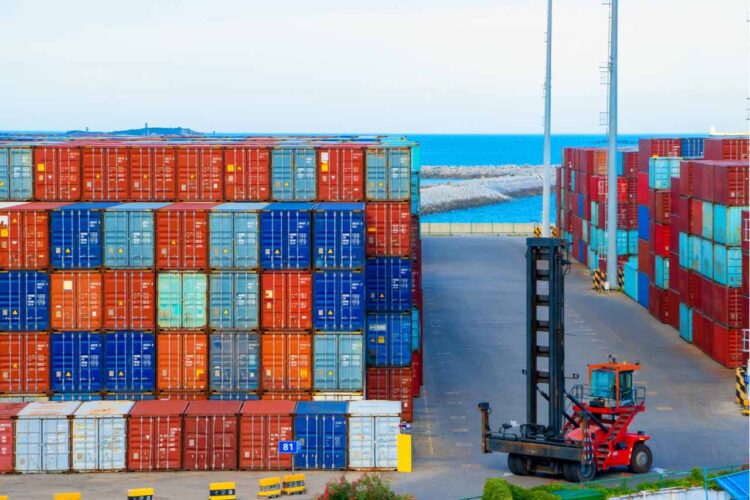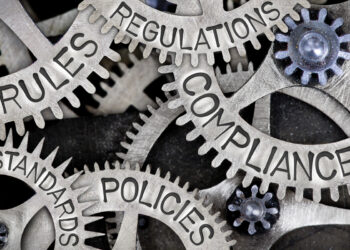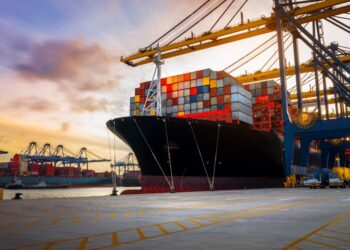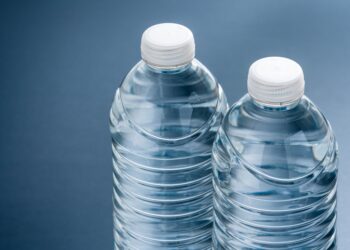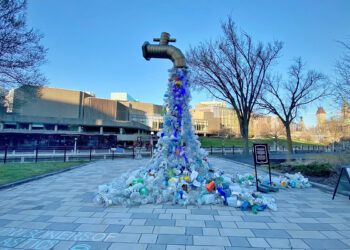On the heels of high-profile illegal e-scrap import claims and updates to the Basel Convention, Malaysian officials said they would be tightening operating procedures.
On Jan. 6, the country’s Enforcement Agency Integrity Commission released an investigation report suggesting that Department of Environment officers attempted to improperly release containers containing illegally shipped e-scrap at Port Klang sometime around May 2024.
In June, the Malaysian government inspected more than 300 shipping containers at Port Klang after exports watchdog Basel Action Network tipped them off, finding around one-third contained e-scrap illegally imported from the U.S.
Now, Transparency International Malaysia is calling for more accountability in the wake of the report. Muhammad Mohan, Transparency International Malaysia president, said in a statement that the DOE must give a “full and transparent explanation” regarding the allegations.
“Should the allegations be substantiated, we call on the government to take firm disciplinary action against the civil servants involved in this serious incident,” he said. “This is a breach of public trust and a threat to environmental integrity. Those entrusted with enforcing our environmental laws must be held to the highest standards of accountability and integrity.”
In a separate statement, Environment Minister Nik Nazmi Nik Ahmad said he plans to improve operating procedures around e-scrap management to “enhance enforcement effectiveness while strengthening integrity and professionalism in environmental protection efforts.”
“These control measures include stringent inspections at the country’s entry points, strategic cooperation with related agencies and the use of advanced monitoring technologies to prevent the entry of e-waste that could harm the environment or public health,” he said, adding that the department is taking the report’s allegations seriously.
Jim Puckett, executive director of the Basel Action Network, told E-Scrap News in a written statement that BAN’s months of work with the Malaysian government is “now bearing fruit in terms of waste trade legal compliance and sustainable waste management.”
“We consider the country to be the world’s number one hotspot for illegal e-waste trafficking worldwide, and as a result we have been providing them – since spring of 2023 – with over 1,000 container numbers of suspect contraband e-waste, mostly flowing out of the ports of Long Beach and Los Angeles, funneled there from the rest of the country,” he said.
BAN also held a full-day workshop with all of the lead agencies in Malaysia to explore “better ways to stem the illegal tide.”
Puckett said he expects even more actions, including raids on illegal processing operations in the Port Klang area and prosecutions.
As of this month, updates to the Basel Convention, a global agreement regulating movement of end-of-life materials, mean that shipping e-scrap comes with more restrictions and requirements. Puckett said that virtually all exports of non-functional electronic equipment, components and residues from the United States to Malaysia are now illegal, as the U.S. is not a party to the Basel Convention and Malaysia is.
Malaysia has a duty as a Basel party to enforce its borders, Puckett said, and “one would hope that the U.S. would likewise work to prevent exports of wastes that are illegal for Malaysia to import.”













